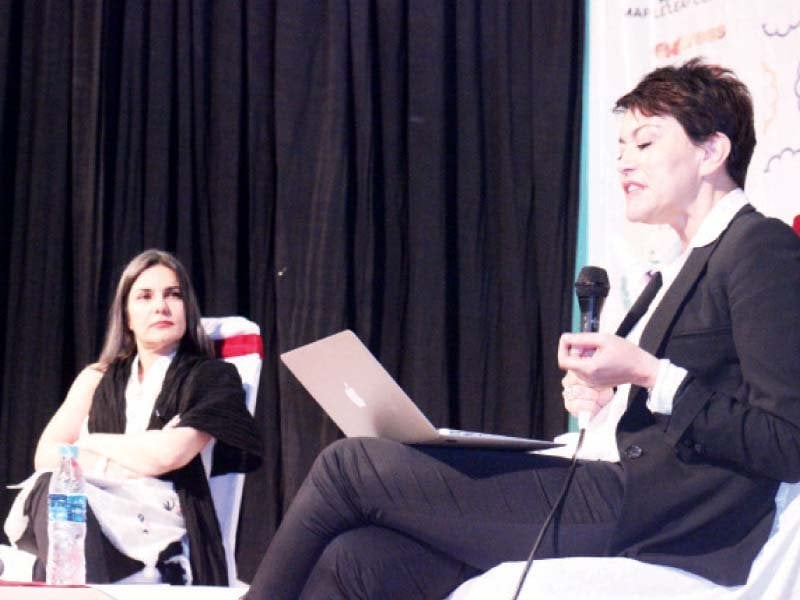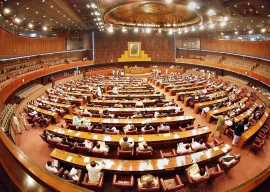
Afiya Shehrbano Zia, a feminist researcher, was also on the panel.
Misra started the discussion by citing example of a documentary made by the BBC on a Delhi gang-rape victim in 2012.
She said the public debate over the documentary offered insight into gender politics of South Asia where Western ideas were treated with suspicion.
The feminist collective: ‘We may call it feminism or something else’
She said conservative feminists of the region saw the documentary as western imperialism.
“There was a discourse that Indian feminists were able to fight for themselves,” she said.
This new form of feminism, she said, was different from the feminist thought in South Asia in the post-colonial period.
“Feminism following independence had called for the need for progress and modernity. The feminists had considered the feminist agenda as subordinate to national interests,” she said.
These ideas, she said, had spilled into the 1970s.
She said in the 1980s a middle class emerged that agreed with neo-liberal ideas. “Rightwing nationalist feminism also gained traction.”
She said the neo-liberal economy created a limited space for employment of women. At the same time, it merged Hindu nationalism and urged women to take care of the nation.
Meet one of Pakistan's fiercest feminists
In Pakistan, she said, this could be seen in Islamic feminist thought which was anti-West and which had poised itself between the “consumerised Western woman and backward rural woman.”
“These women wanted to be modern in a righteous way,” she said
Zia discussed religious identity and feminism.
She said there was a need to improve interaction between feminists across South Asia.
She said since 9/11, the kind of research taking place in universities abroad, especially of Pakistani-origin had made “religion an exclusive tool for understanding Muslim women.”
She said Muslim identity had become the focus of research. She said other issues such as class identity had been set aside.
Round II: The feminist open mic
“This research often proposes that Islamists could become agents of secularisation,” she said.
She said the space offered for this kind of research had resulted in a stereotyping of secularists and feminists as pro-imperialist.
“They impose a fixed identity of a liberal secularist on anyone who questions Islamism,” she said.
Published in The Express Tribune, April 2nd, 2016.




1716998435-0/Ryan-Reynolds-Hugh-Jackman-(3)1716998435-0-165x106.webp)










1730706072-0/Copy-of-Untitled-(2)1730706072-0-270x192.webp)
COMMENTS (2)
Comments are moderated and generally will be posted if they are on-topic and not abusive.
For more information, please see our Comments FAQ